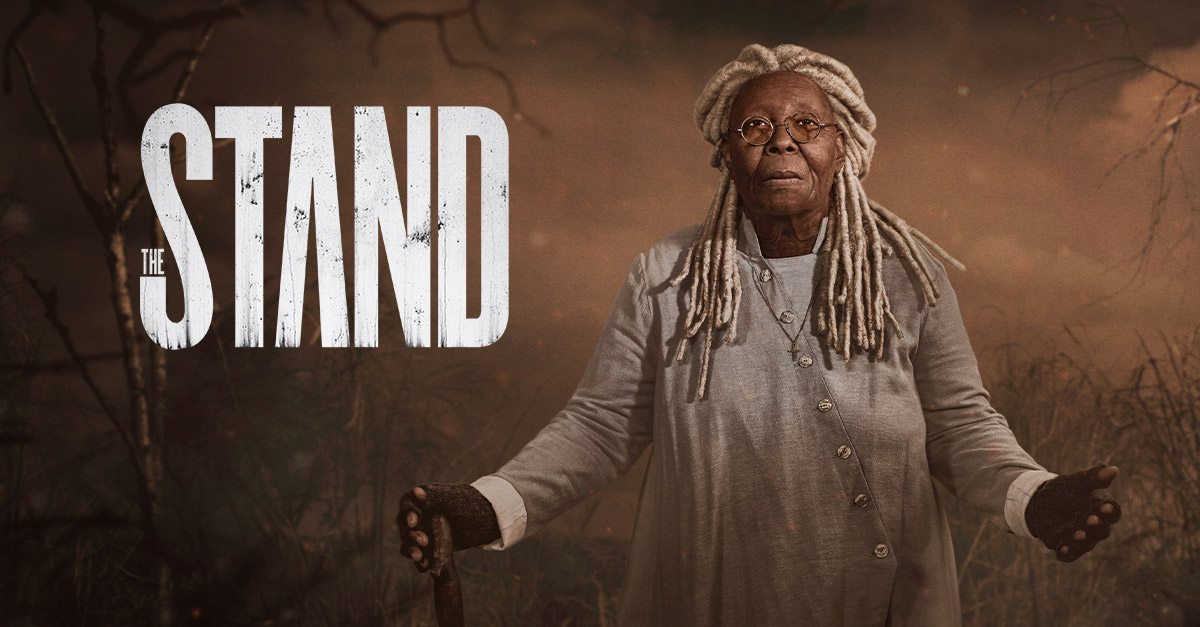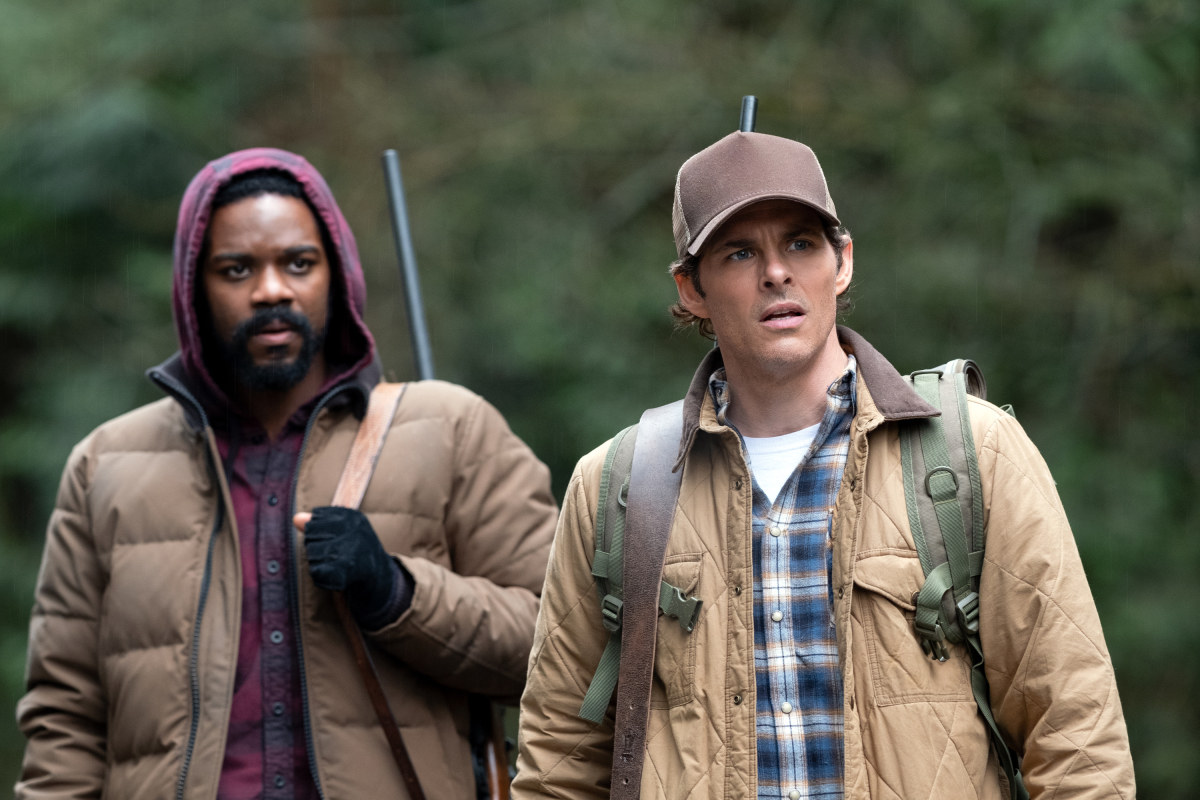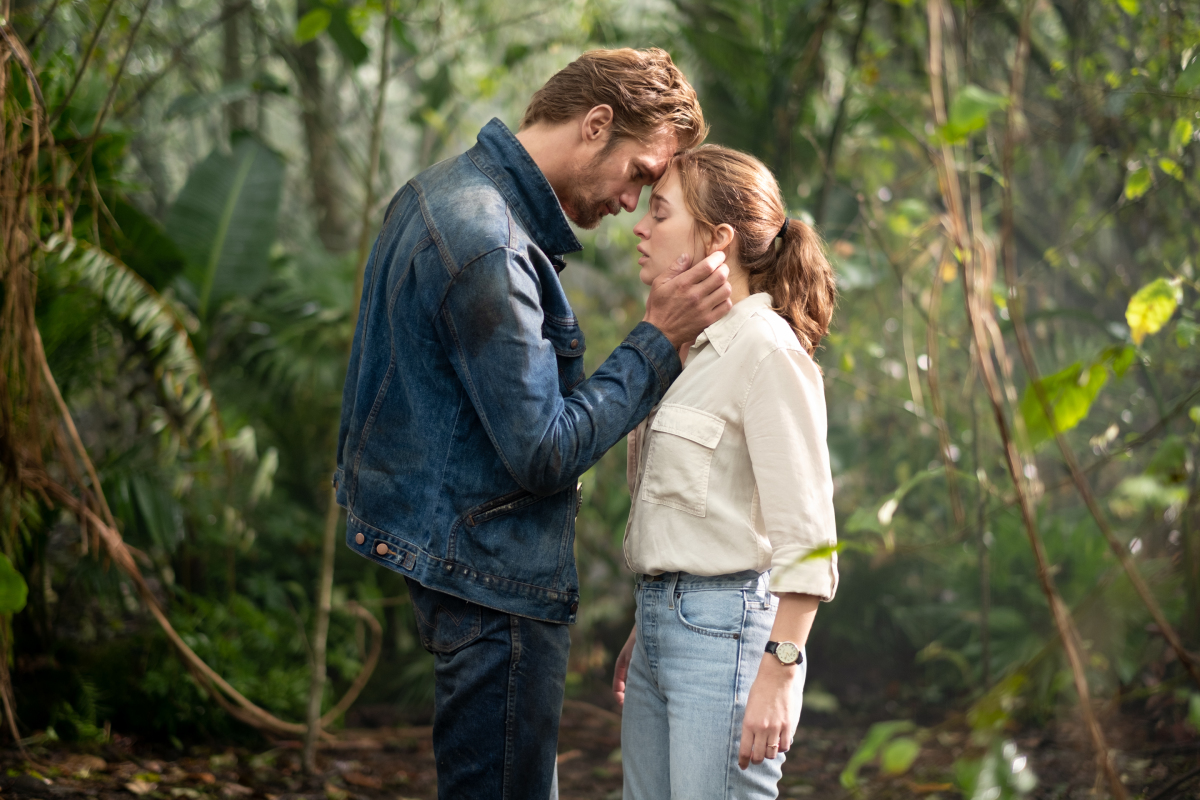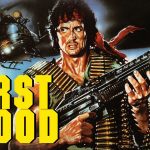The Stand (2021)

The Stand (2021)
The Stand (2021) is a gripping, post-apocalyptic miniseries based on Stephen King’s 1978 novel of the same name. Directed by Josh Boone, the series explores themes of survival, morality, and the battle between good and evil in a world ravaged by a deadly pandemic. The story unfolds across multiple timelines, following a group of survivors as they navigate a fractured world, divided between two opposing forces led by the mysterious and charismatic Randall Flagg and the compassionate Mother Abagail.

The series begins with the outbreak of a superflu, known as Project Blue, which quickly spreads across the globe, killing nearly all of humanity. The few survivors who remain are left to contend with the chaos and the moral choices that arise as they rebuild society. The survivors are drawn into two camps: one led by the malevolent Randall Flagg (Alexander Skarsgård), a figure who embodies darkness, manipulation, and destruction; the other by the kind-hearted Mother Abagail (Whoopi Goldberg), a 108-year-old woman who represents hope, faith, and goodness.

As the survivors begin to band together, they experience dreams and visions that guide them toward either Flagg’s dystopian reign or Abagail’s community of hope. The battle between these two forces becomes inevitable as Flagg attempts to establish his own authoritarian rule in the ruins of Las Vegas, while Mother Abagail leads her group of followers toward a more peaceful and spiritual existence in Boulder, Colorado.

Among the survivors are characters like Stu Redman (James Marsden), a blue-collar man who becomes a natural leader; Frannie Goldsmith (Odessa Young), a pregnant woman trying to survive the fallout of the pandemic; and Nick Andros (Gabriel Ebert), a deaf-mute man who proves to be a key figure in the group’s resistance against Flagg. As the conflict intensifies, the group must confront not only the physical challenges of survival but also the psychological and ethical dilemmas that arise in a world where civilization has collapsed.

The series builds toward an inevitable confrontation between the forces of good and evil, as the survivors realize that their actions and choices will determine the fate of the new world that is emerging from the ashes of the old one.
The Stand explores themes of morality, the duality of human nature, and the consequences of power and corruption. It examines the age-old battle between good and evil, with the pandemic acting as a catalyst that strips humanity down to its core, exposing the best and worst qualities in people. The series also touches on faith, the nature of survival, and the concept of destiny, as the survivors’ journeys are shaped by their visions and the paths they choose to follow.

Visually, the series blends elements of horror, drama, and dystopian fiction, with striking imagery of a world in ruin. The desolate landscapes and decaying cities provide a haunting backdrop for the characters’ emotional and moral struggles. The pacing of the series allows for deep character development, with each survivor’s personal journey unfolding against the larger narrative of societal collapse and rebuilding.

The series is both an epic saga of survival and a meditation on the human condition, posing questions about the nature of evil, the power of hope, and the resilience of the human spirit. With its diverse cast of characters and its exploration of profound existential themes, The Stand is a thought-provoking and intense journey through a fractured world where the future is uncertain, and the stakes are nothing short of humanity’s survival.











